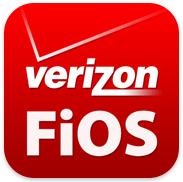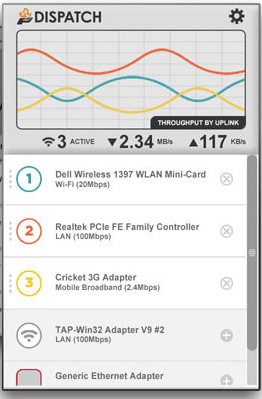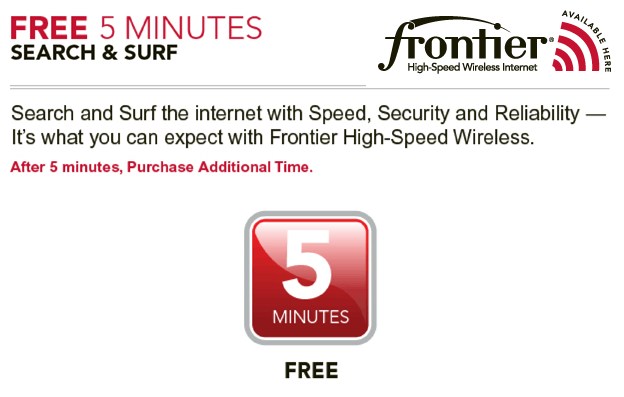Frontier Communications customers in selected communities will be able to receive faster Internet speeds by the end of the year because of network upgrades.
In late July, Frontier president and chief operating officer Daniel J. McCarthy announced the company was refocusing investment on improving the broadband experience for its customers, mostly serviced by ADSL.
Frontier’s rural customers primarily receive broadband service at real-world speeds of 768kbps-3Mbps. At least 74% of those customers will be able to sign up for speeds of 6Mbps by the end of the year. In more urban areas, 51% of customers will be able to sign up for 12Mbps, 42% for 20Mbps. Business customers in selected areas can qualify for speeds up to 40Mbps.
The upgrades will not come for free, however. Customers will pay more for higher speeds.
Frontier Max (3Mbps in rural areas, 6Mbps in urban areas) starts at $34.99 per month. Customers can move up to the next speed tier for an additional $10 per month. For example, a Frontier Max customer can move up to Ultra service (10-12Mbps) for $44.99, or Frontier Ultimate (20-25Mbps) for $55.99 per month. Once customers upgrade to a premium speed level, the modem rental fee (up to $6.99 a month) is reportedly eliminated.
Frontier’s upgrades are based on adopting more advanced forms of DSL technology. Most Frontier customers currently receive ADSL service — one of the oldest and slowest forms of DSL. Frontier is managing to boost speeds by bonding multiple DSL connections together, switching to ADSL 2+, or upgrading to VDSL technology. The company is also broadening its fiber middle mile network, which can reduce the length of copper wiring between the company’s central offices and customer homes, improving potential speeds.
Customers who do not change their level of service may still receive some benefits from area upgrades, as actual speeds come closer to matching those advertised by the company.
In some areas, customers will receive telemarketing calls announcing newly available speed options. But customers can also call 1-800-921-81o1 to find out what is currently available.
Stop the Cap! recommends proceeding carefully when considering a plan change. Be sure to ask about all terms and conditions, including installation/upgrade fees, modem rental fee (if any), contract terms, and whether any additional services are required (Frontier may attempt to sell an added-cost online backup service, home networking equipment, or technical support services you may not need).


 Subscribe
Subscribe









